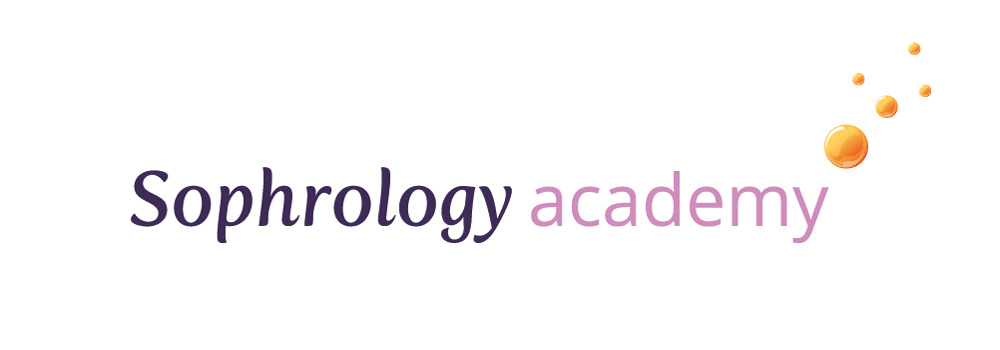Lafarge, C., Marin., A., Murphy, L.
Background
Termination of pregnancy for medical reasons (TFMR) can have negative psychological consequences. Research points to unmet needs for psychological support post-TFMR, and evidence of effective interventions is sparse. Sophrology is a low-intensity intervention widely used in Europe. Combining Western relaxation techniques and psychological principles with Eastern meditation practices, it uses simple exercises that can be used in everyday life: relaxation, breathing, gentle movements and visualisations.
Aims and objectives
The study assessed whether a Sophrology intervention could benefit women post-TFMR, and whether delivering such intervention would be feasible.
Methods
We conducted a pilot randomised controlled trial (RCT) comparing an 8-week Sophrology intervention group (G1) with a waitlist/control group (G2). Women were recruited from Antenatal Results and Choices. To participate, they had to be over 18 and have undergone TFMR 3-18 months prior. The intervention was delivered online by an experienced sophrologist. Data were collected at baseline, after G1 intervention, and after G2 intervention. Measures included: anxiety (GAD-7), depression (PHQ-9), wellbeing (WEWBS), resilience (CD-RISK10), and perceived social support. Women were also asked intervention-related questions and five follow-up interviews were conducted.
Results
Trends indicate lower anxiety and depression levels and higher wellbeing scores post-intervention (G1) although the sample size is too small to detect significant changes. G1 women rated ‘feeling good about myself’ significantly higher after the intervention. Qualitative data revealed some intervention benefits including acquiring new tools/coping strategies to regulate emotions, general self-development, improved mind-body alignment, and sense of belonging. The intervention’s online and group format was well-received. Negatives included the early start time (6pm) and processing difficult emotions which could be challenging, although considered necessary.
Conclusions
This pilot study indicates that women who engaged the most with the intervention benefited the most from it. A larger RCT is needed to ascertain whether Sophrology can positively contribute to women’s wellbeing post-TFMR.
For more information on the study please contact:
Professor Caroline Lafarge
Director of Research, The Sophrology Academy
Caroline.Lafarge@uwl.ac.uk


